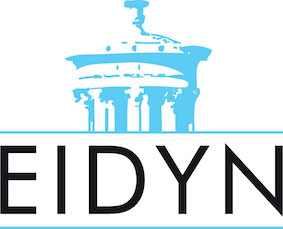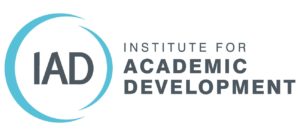Abstracts: Mark Miller
Embodying Addiction: a Predictive Processing Account
Addicts engage in increasingly self-destructive cycles of behaviour. Often they continue to do so long after the behaviours have ceased to bring them any pleasure. They do things they don’t want to do at great emotional costs to themselves and those around them. In this paper we show how addiction can be thought of as the outcome of learning. We look to the increasingly influential predictive processing theory for an account of how learning goes wrong in addiction. Perhaps counter-intuitively, it is a consequence of this predictive processing perspective on addiction that while the brain plays a deep and important role in leading a person into addiction, it cannot be the whole story. We’ll argue that predictive processing implies a view of addiction not as a brain disease, but rather a breakdown in the dynamics of the wider agent-environment system.









Comments are closed
Comments to this thread have been closed by the post author or by an administrator.